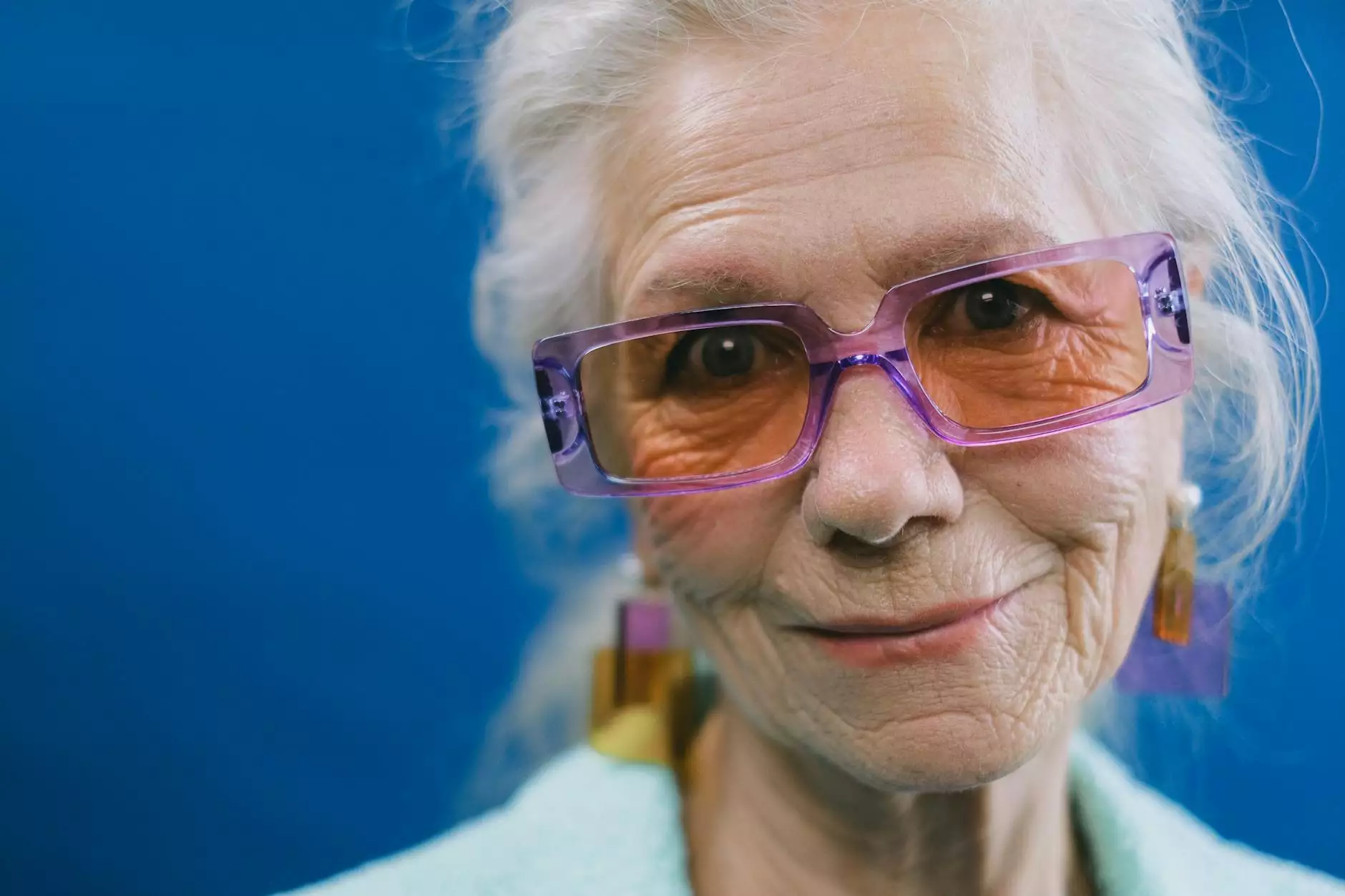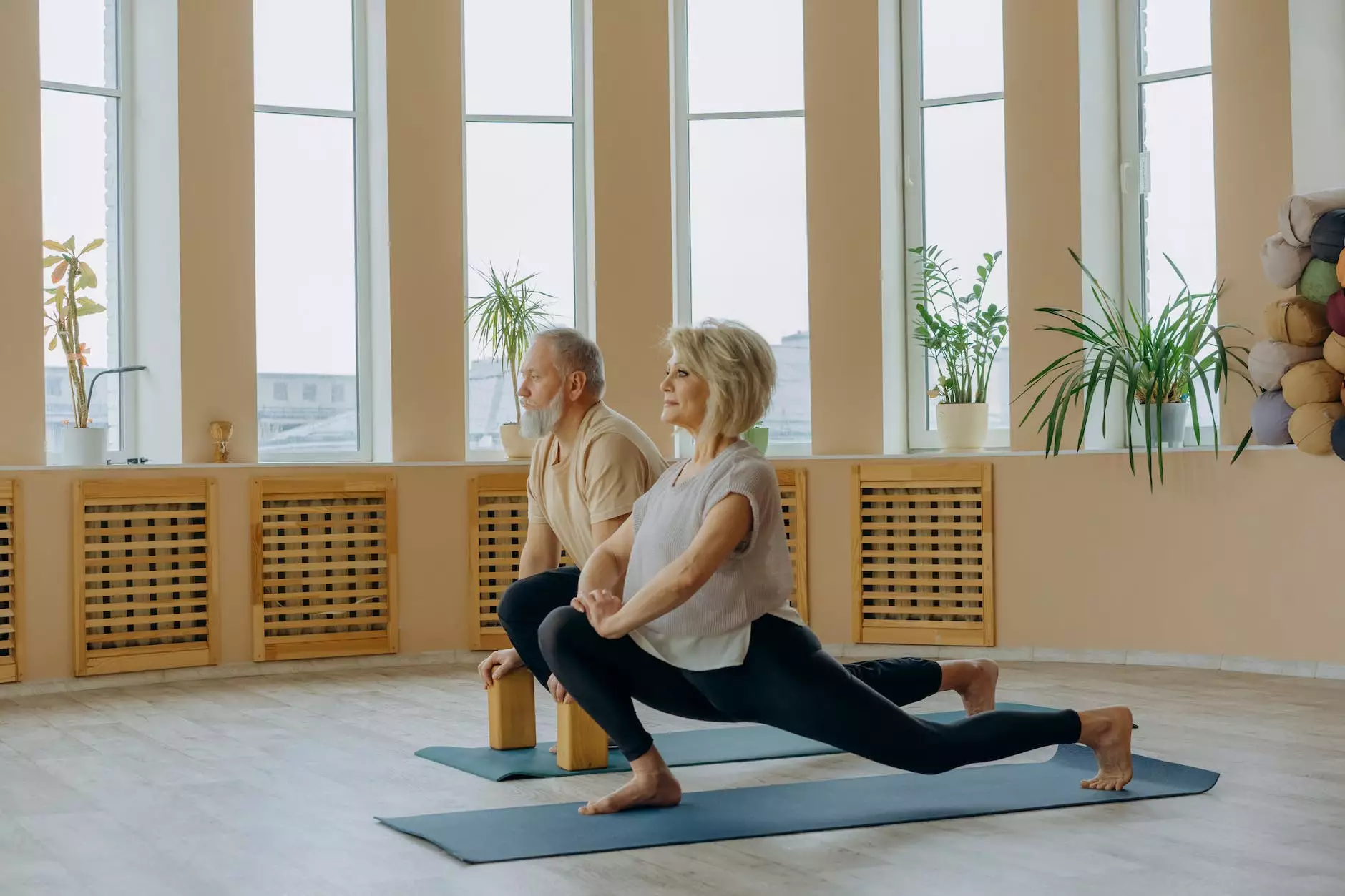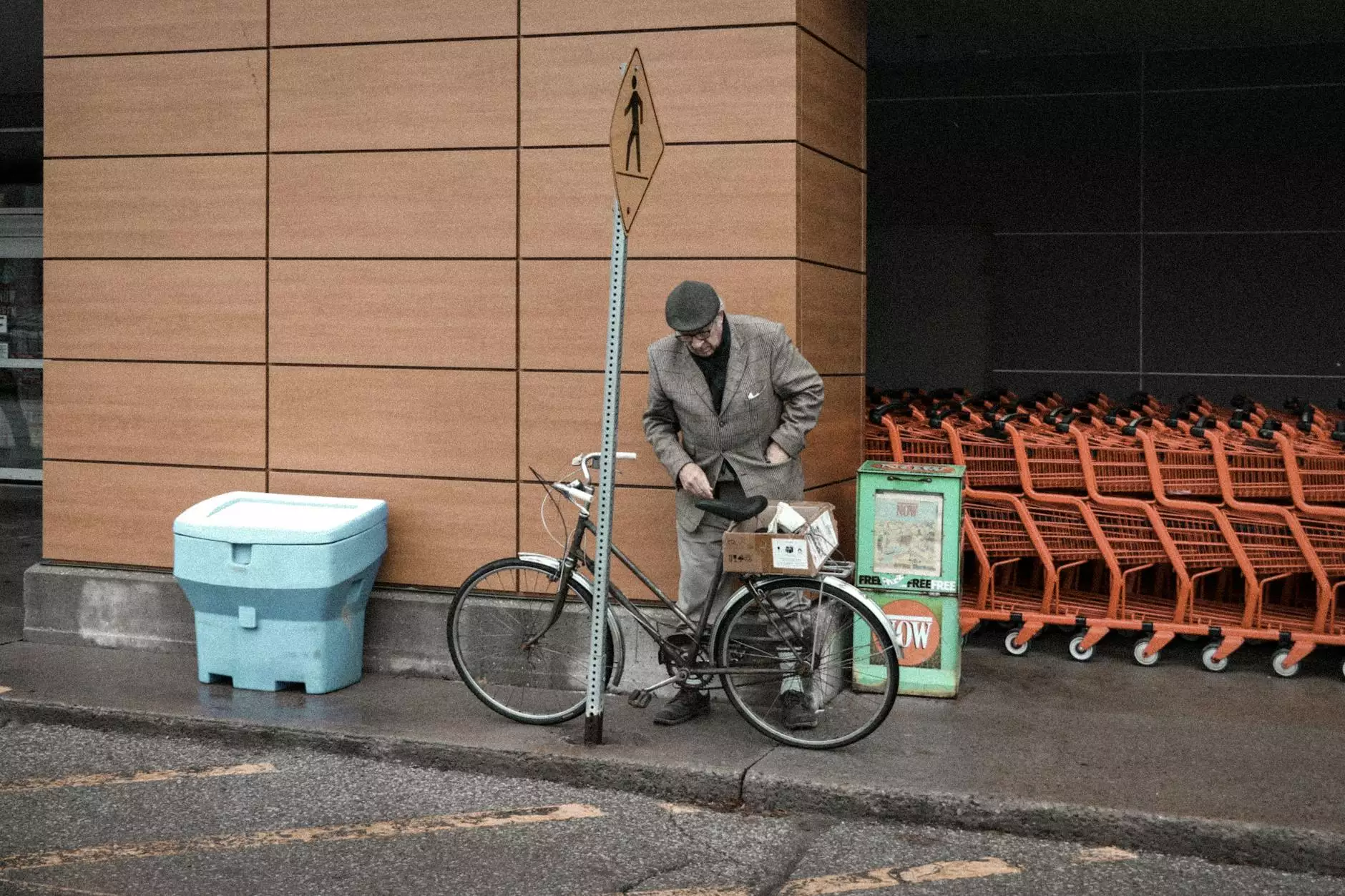Glaucoma & Tips for Seniors with Vision Loss
Seniors
About Glaucoma
Glaucoma is a group of eye conditions that cause damage to the optic nerve, leading to vision loss. It is often associated with increased pressure within the eye, but can also occur without elevated intraocular pressure. This condition is typically gradual, and patients often do not experience symptoms until significant vision loss has occurred.
There are different types of glaucoma, including open-angle glaucoma, closed-angle glaucoma, normal-tension glaucoma, and congenital glaucoma. Each type has unique characteristics and requires specific treatment approaches.
Managing Glaucoma
Early detection and treatment of glaucoma are crucial in preventing further vision loss. Regular eye examinations are essential, especially for seniors who have a higher risk of developing glaucoma. These exams enable eye care professionals to measure intraocular pressure, assess the condition of the optic nerve, and detect any signs of glaucoma.
Treatment options for glaucoma may include eye drops, oral medications, laser therapy, or surgery, depending on the severity of the condition. Eye drops are commonly prescribed to lower intraocular pressure, while other interventions aim to improve drainage or reduce fluid production in the eye.
Tips for Seniors with Vision Loss
1. Enhance Lighting
Proper lighting is crucial for seniors with vision loss. Ensure that your living spaces are well-lit and use task lighting for activities such as reading or cooking. Consider installing motion-activated lights to aid in navigation, and make use of natural lighting whenever possible.
2. Remove Hazards
Clear your living areas from obstacles that may pose a risk of falls or injuries. Keep the floor free from clutter, secure loose rugs, and use contrasting colors to highlight steps or changes in surface levels. Install handrails or grab bars in critical areas such as bathrooms and stairways to provide additional support.
3. Use Assistive Devices
Explore the wide range of assistive devices available to help individuals with vision loss. These may include magnifiers, large-print materials, talking watches or clocks, and voice-activated technology. Consider utilizing smartphone apps specifically designed for visually impaired individuals to enhance accessibility.
4. Seek Support
Join support groups or organizations dedicated to assisting seniors with vision loss. These communities provide valuable resources, information, and emotional support. Connecting with others who share similar experiences can be empowering and aid in adjusting to changes caused by vision loss.
5. Modify Your Home
Make necessary modifications to your home to accommodate visual impairments. Install grab bars in the bathroom, use color contrast to improve visibility, and consider rearranging furniture to provide clear pathways. Implement adaptive technologies such as voice-assisted systems for controlling lights, temperature, and other home features.
PA Poker Properties understands the unique challenges faced by seniors with vision loss. As a reputable real estate company in the business and consumer services industry, we strive to provide comprehensive services tailored to the specific needs of our clients.
Our dedicated team of professionals is knowledgeable about accessibility features in housing options and can guide you in finding the perfect home that meets your requirements. We offer a wide range of properties designed with seniors in mind, ensuring safety, comfort, and enhanced accessibility.
Contact PA Poker Properties today to discuss how we can assist you in finding the ideal home for your needs, helping you transition to a comfortable and visually accommodating living environment.










